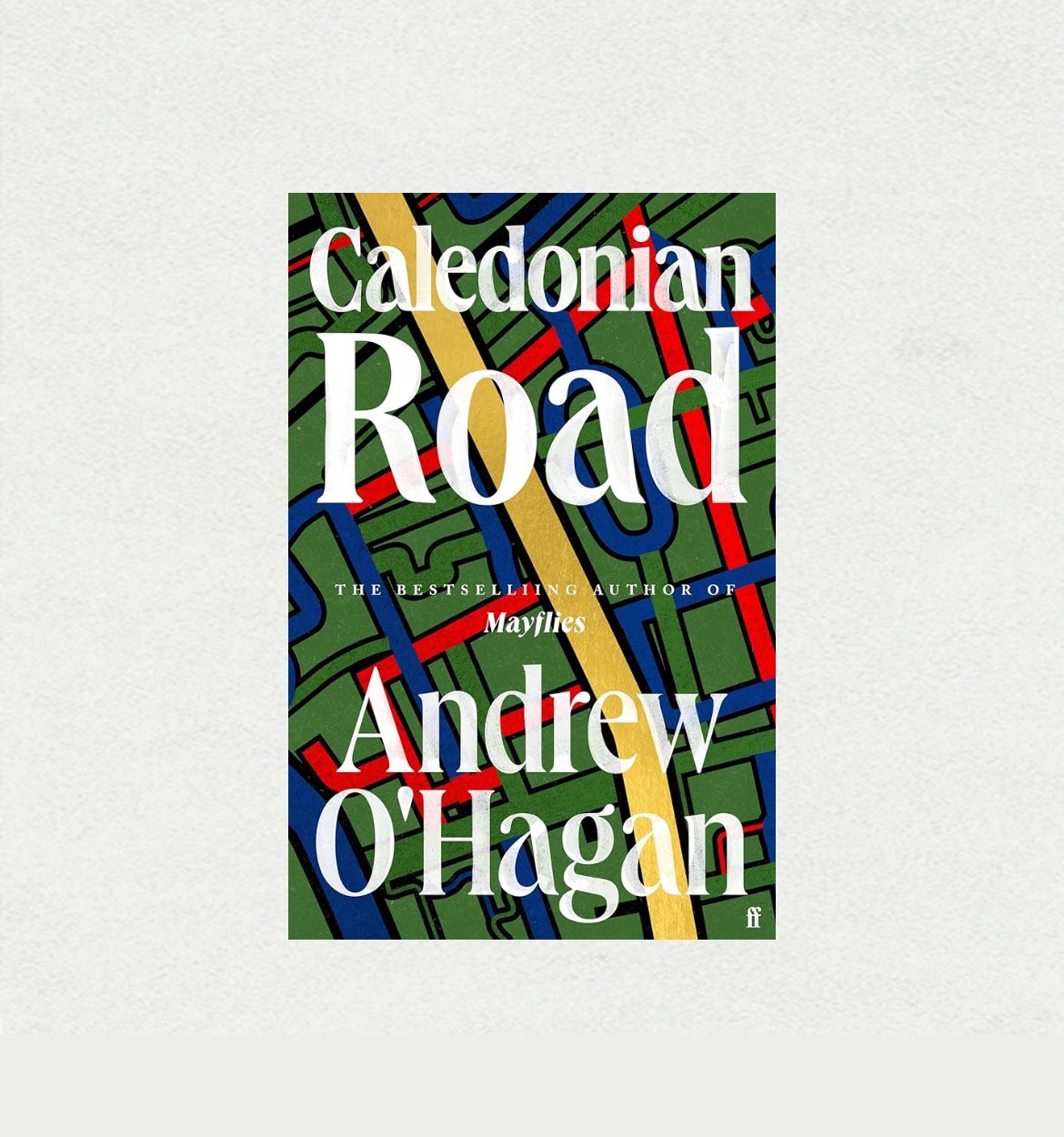
The Second Coming (2024)
The Second Coming is set primarily around 2011, but with leaps in time that take it 2022, 2001 and occasionally elsewhere. It focuses on two primary characters - Jolie Aspern, a precocious and troubled 13-year-old living in New York with her mother Sarah, and her estranged father Ethan, an ex-convict and recovering addict. It begins compellingly, with Jolie finding herself hospitalised following a narrow escape on Subway tracks, and Ethan receiving a call from Sarah that convinces him that he has something to offer her, and returns to New York to seek her out.
You Are Here (2024)
You Are Here begins by introducing us to Marnie, a 38-year-old copy-editor living in London, a natural introvert who has become more and more reclusive over time, exacerbated by the Covid-induced move to remote work and a breakup with her ill-matched husband. Her friend Cleo, a teacher, has been trying to get her to re-emerge into the world, and against expectations, it’s a big trip to the north of England that finally works. Cleo’s colleague and friend Michael, a 42-year-old Geography teacher and general loveable nerd (also recently separated), is planning to walk the Coast-to-Coast path - crossing England from the Irish Sea in Cumbria to the North Sea in North Yorkshire. Cleo arranges a group of fellow adventurers - including Marnie - to join him for the first part of the trip in the Lake District.
Caledonian Road (2024)
Caledonian Road is set largely on and around the titular thoroughfare, which heads northwards from near London’s King’s Cross station. Its action takes place in the very recent past, in a year’s period between early 2021 (and the ending of major Covid restrictions) and early 2022 (with Russian’s invasion of Ukraine on the imminent horizon). It’s introduced (at least in this pre-release version) by an extensive list of characters, setting the tone for the sprawling, somewhat Dickensian nature of the 600-ish pages to follow. At its undoubted centre, though, is the aging white liberal academic Campbell Flynn, clearly something of a proxy for the author. Having worked his way up in society from humble Glaswegian roots, through a combination of academic achievement and marriage into minor aristocracy, Campbell is a lecturer at UCL, a published art historian (most recently of an acclaimed life of Vermeer), sometime glossy magazine columnist and podcaster. Yet he senses shifting sands in society, and mostly the ones that uphold everything that he holds dears. Campbell, like the liberal intelligentsia he represents, is in crisis. And so, it seems, are his city and his country.



